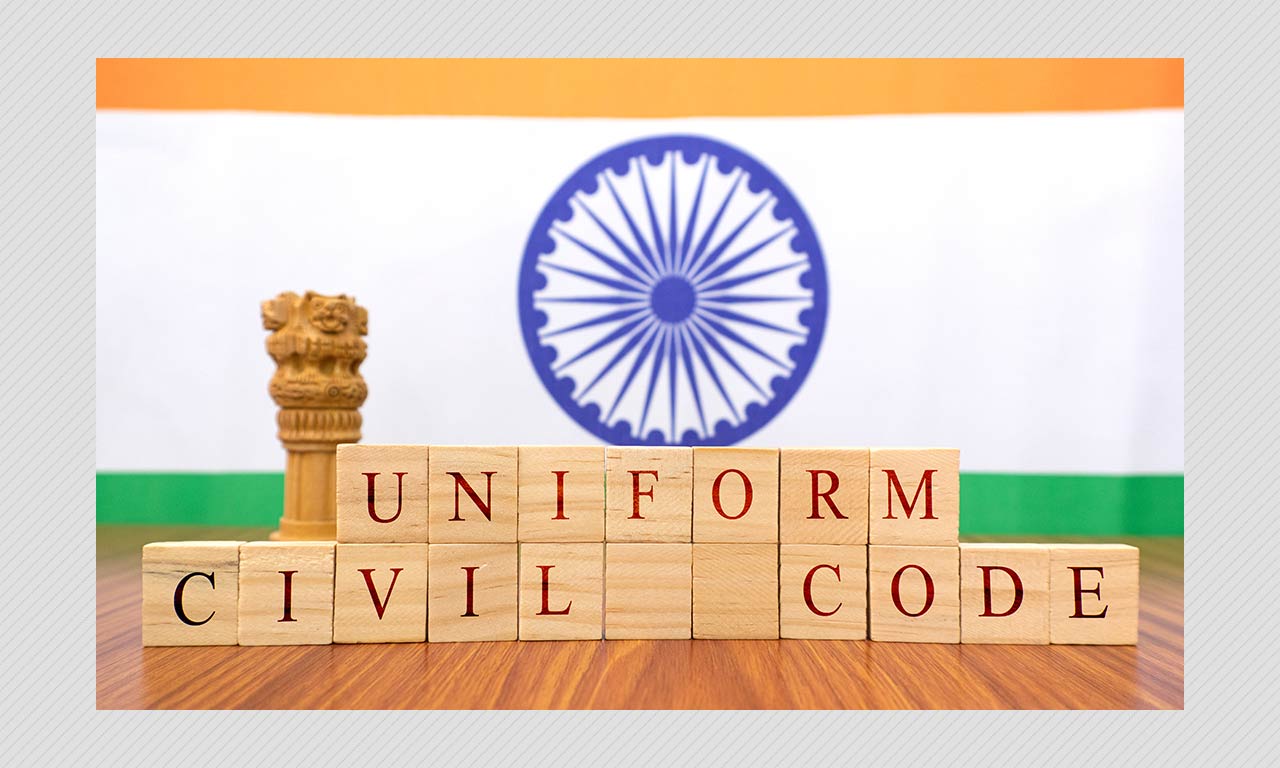The debate surrounding the implementation of the Uniform Civil Code (UCC) is once again gaining momentum across the country. On Tuesday, February 6, 2024, Pushkar Singh Dhami presented the “Uniform Civil Code, Uttarakhand-2024” bill in the state assembly. As discussions on the bill unfold in the Uttarakhand Legislative Assembly, various Muslim organizations have expressed their opposition to it. However, the fate of the bill remains uncertain pending further deliberation and eventual passage. Let’s delve into the potential challenges that Muslims might face under the UCC.
Challenges Faced by Muslims Under the UCC
Marriageable Age:
In India, different religions have their own personal laws governing various aspects, including marriage. The Muslim Personal Law, established by the Muslim Personal (Shariat) Application Act of 1937, governs marriage among Muslims. If the Uniform Civil Code is enforced, it would abolish these laws, necessitating compliance with a uniform set of regulations. Currently, the minimum age for marriage for girls in India is 18 years, while under Muslim Personal Law, girls can be married off after reaching 15 years of age. The prohibition of child marriage under the Prohibition of Child Marriage Act poses a challenge to Muslim Personal Law, as it contradicts these provisions.
Divorce and Maintenance:
Muslim divorce proceedings adhere to Sharia law. Moreover, Muslims enjoy certain exemptions under personal laws that differ from those provided under special marriage acts of other religions. Additionally, severe penalties, including a three-year jail term, are proposed for those who violate divorce laws. The UCC would grant equal rights to both men and women in divorce proceedings. Women would have the freedom to remarry without any conditions, and restrictions on the fulfillment of iddat would also be lifted.
Iddat Period:
Iddat serves as a waiting period that Muslim women must observe after the death of their husbands or divorce. It lasts for 3 months and 10 days after divorce, while in the event of the husband’s death, it extends to 4 months and 10 days. During iddat, women are prohibited from meeting non-mahram men and are expected to remain in seclusion.
Maintenance Allowance:
Muslims have different rules regarding maintenance allowances post-divorce. While Muslim men are obligated to provide maintenance to their wives only for the duration of iddat, under Indian law, women are entitled to lifelong maintenance unless they remarry.
Property Division:
The division of property among Muslim women follows different rules compared to Hindu inheritance laws, which ensure equal rights for sons and daughters. This variance instills fear of interference among Muslims regarding property matters.
Polygamy:
Polygamy, the practice of having multiple spouses while being married to one, is permissible among Muslims, with a limit of four wives. However, the prevalence of polygamy among Indian Muslims is significantly lower compared to the perception. According to the National Family Health Survey data from 2019-21, only 1.9% of women admitted to their husbands having multiple wives. Despite this, Muslims fear interference with Sharia law, as they oppose any amendments that could potentially infringe upon their religious practices.
Adoption:
Islam does not recognize adoption in the same manner as Indian law does. Consequently, Muslim personal laws preclude Muslims from adopting children legally. This prohibition denies childless individuals the opportunity to adopt children legally.
Child Custody:
Under Sharia law, the father is recognized as the natural guardian of both sons and daughters. However, custody rights for sons and daughters differ under Indian law. Mothers have custody of their sons until they reach the age of 7 and daughters until they attain puberty.
Disclaimer : इस न्यूज़ पोर्टल को बेहतर बनाने में सहायता करें और किसी खबर या अंश मे कोई गलती हो या सूचना / तथ्य में कोई कमी हो अथवा कोई कॉपीराइट आपत्ति हो तो वह [email protected] पर सूचित करें। साथ ही साथ पूरी जानकारी तथ्य के साथ दें। जिससे आलेख को सही किया जा सके या हटाया जा सके ।














